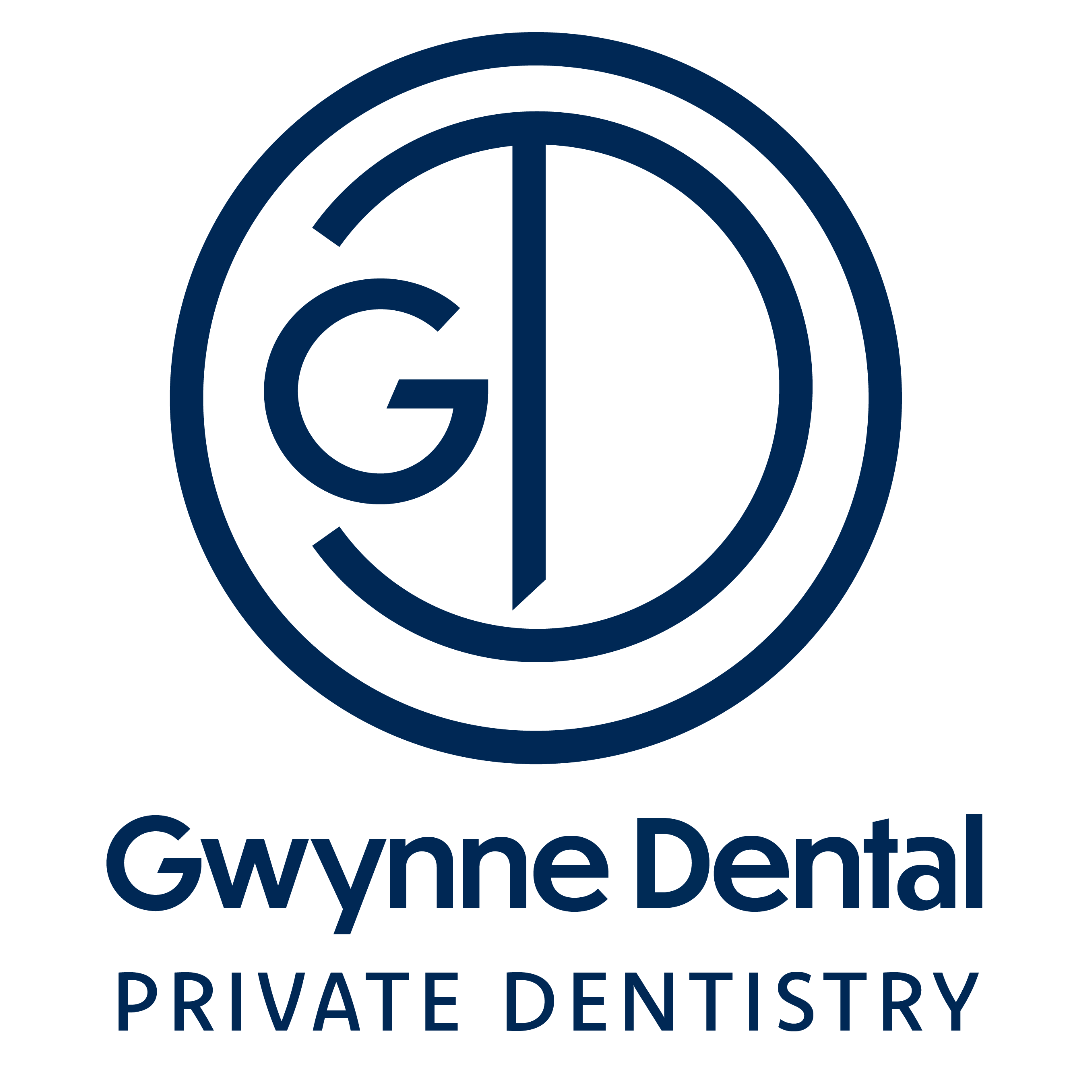
TemporoMandibular Joint Pain
Temporomandibular joint disorder is a condition affecting the movement of the jaw. It’s not usually serious and generally gets better on its own.
Signs and symptoms of TMD include:
pain around your jaw, ear and temple
clicking, popping or grinding noises when you move your jaw
a headache around your temples
difficulty opening your mouth fully
your jaw locking when you open your mouth
The pain may be worse when chewing, when you feel stressed, or in the morning when you wake up.
TMD can also stop you getting a good night’s sleep. It is often caused by clenching or grinding your teeth at night. There are a group of muscles called the muscles of mastication that act to close your mouth. If these muscles are over worked via clenching or grinding they become fatigued and respire anaerobically producing lactic acid and other metabolites that cause inflammation and pain in the muscles.
How to ease TMD:
eat soft food, like pasta, omelettes and soup
take ibuprofen (a non-steroid anti-inflammatory) or paracetamol
hold ice packs or heat packs to the jaw, whichever feels better
massage the painful jaw muscles
try to find ways to relax
have a thin, flexible mouthguard made by your dentsit
What to avoid:
chewing gum
yawning too wide
biting your nails
clenching your teeth – apart from when eating, your teeth should be apart
TMJ pain is often temporary and can be extremely painful. At Gwynne Dental we will advise the most conservative treatments first such as painkillers, heat, massage and if there is no improvement in symptoms suggest making you a soft, flexible mouth guard. In some cases, muscle-relaxing injectables can be used to temporarily stop muscle contraction and provide relief from pain. This treatment is available through Hampshire Facial Aesthetics at Gwynne Dental.
